The ongoing anti-dumping investigation into the import of solar cells from China, Taiwan, and Malaysia has been terminated by the Directorate-General of Anti-Dumping & Allied Duties (DGAD) at the Ministry of Commerce and Industry.
Dharmendra Kumar, solar analyst, IHS Markit, told pv magazine, “The DGAD has terminated the anti-dumping investigation on cells and modules on March 24, 2018 because the Indian Solar Manufacturers Association (ISMA) has withdrawn its petition.”
Kumar explained that as per the ISMA, solar module dumping continued during Q4 2017 as well, which caused severe injury to the domestic industry. Therefore, the ISMA wants the investigation period to be extended until December 2017, i.e., from April 2016 to December 2017.
Since there are no signs of a reduction in the import of cheap modules, rather they appear to be increasing more, Kumar mentioned: “Earlier the investigation period was April 2016 to June 2017, but the petitioners have noted that dumping of modules was even more post-June 2015 until December 2017.”
He mentioned that ISMA might expect to re-file this petition by the second or third week of April. “As per the petitioners, adding dumping numbers from July to December (they have data as well), will make the case even stronger.”
Kumar revealed:
The statement released by DGAD read: ‘The authority is constrained to terminate the present anti-dumping investigation concerning imports of solar cells assembled into modules.’
This announcement has come as a setback for the domestic industry. The probable impacts, Kumar mentioned include: “The uncertainties related to ADD [anti-dumping duty] remains the same and may not help developers in any way. This may further complicate the situation wherein the Ministry of New and Renewable Energy (MNRE) was looking at exempting projects (that were awarded until December 31, 2018) from ADD.”
However, in contrast, he pointed out, “At the same time, it will also give time to the petitioners to amend its petition. As per the previous petition, ADD was subjected to those manufacturers as well who were operating out of Special Economic Zone (SEZ) in India. However, as per SEZ rules, products from SEZ is also considered as imports, and same import rules are applied to it.”
This content is protected by copyright and may not be reused. If you want to cooperate with us and would like to reuse some of our content, please contact: editors@pv-magazine.com.
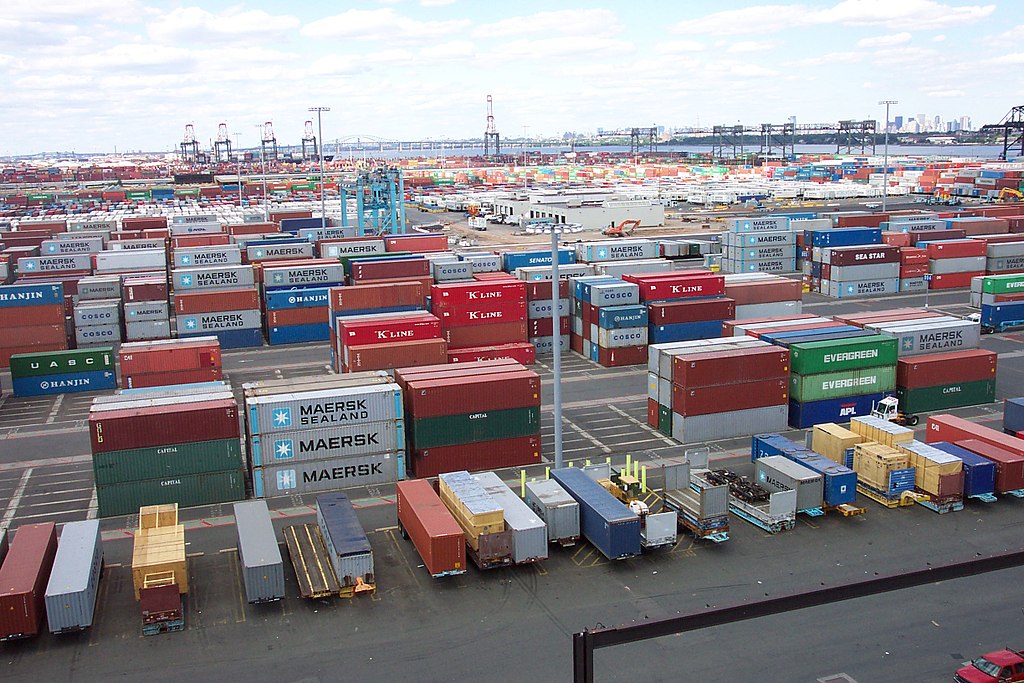
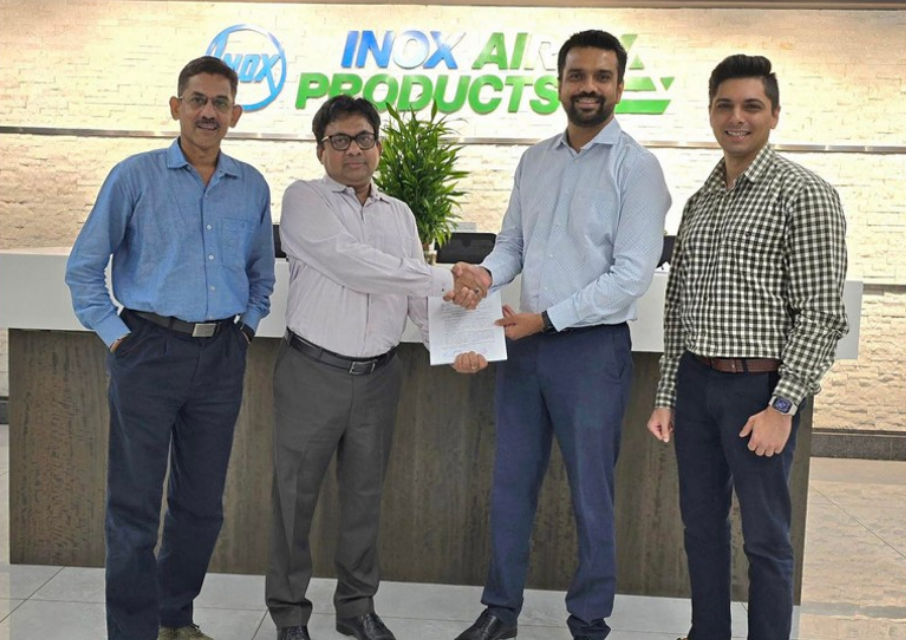

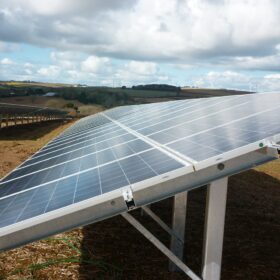

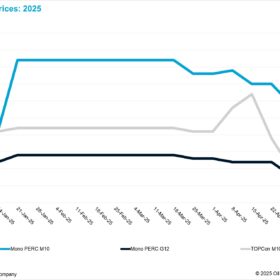

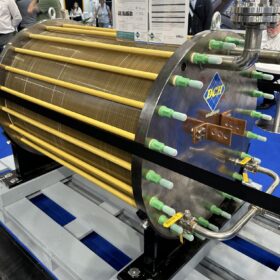
By submitting this form you agree to pv magazine using your data for the purposes of publishing your comment.
Your personal data will only be disclosed or otherwise transmitted to third parties for the purposes of spam filtering or if this is necessary for technical maintenance of the website. Any other transfer to third parties will not take place unless this is justified on the basis of applicable data protection regulations or if pv magazine is legally obliged to do so.
You may revoke this consent at any time with effect for the future, in which case your personal data will be deleted immediately. Otherwise, your data will be deleted if pv magazine has processed your request or the purpose of data storage is fulfilled.
Further information on data privacy can be found in our Data Protection Policy.